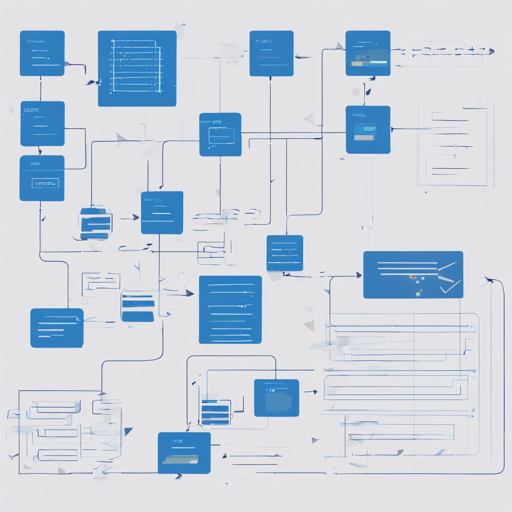English
中文
Introduction
Features
What is it for?
Installation
Documentation
Contributing
Roadmap
Introduction
KCL is an open-source, constraint-based record and functional language that enhances the writing of complex configurations, especially for cloud-native scenarios. Its advanced programming language technology and practices are designed to improve modularity, scalability, and stability in configurations, facilitating simpler logic writing along with ease of automation APIs and integration with custom systems.
What is it for?
You can use KCL for:
- Generate low-level static configuration data like JSON, YAML, etc., or integrate with existing data.
- Reduce boilerplate in configuration data via schema modeling.
- Define schemas with rule constraints and validate them automatically.
- Organize, simplify, unify, and manage large configurations using gradient automation schemes and GitOps.
- Manage configurations for various environments with isolated configuration blocks.
- Work with Kubernetes resources using cloud-native configuration tool plugins.
- Utilize as a platform engineering programming language in modern applications with KusionStack.
Features
- Easy-to-use: KCL is derived from high-level languages like Python and Golang, incorporating features that minimize side effects.
- Well-designed: Utilizes an independent spec-driven syntax, semantics, runtime, and system modules.
- Quick modeling: Leverages out-of-the-box modules and schema-centric configuration types.
- Rich capabilities: Supports configuration with type, logic, and policy based on various design components.
- Stability: Achieved through a static type system, constraints, and rules.
- Scalability: High scalability via automatic merging of isolated configuration blocks.
- Fast automation: Employs a gradient automation scheme for CRUD APIs and multilingual SDKs.
- High performance: High performance via Rust, C, and LLVM, with support for native code and WASM.
- API affinity: Native support for ecological API specifications like OpenAPI.
- Developer-friendly: Offers a rich set of language tools and IDE extensions.
- Safety & maintainable: Domain-oriented with low noise and security risks.
- Rich multi-language SDK: Supports multiple languages for varied application scenarios.
- Integrations: Abstracts, mutates, and validates manifests through various plugins.
- Production-ready: Widespread use in existing production practices.
Installation
For more information on how to install KCL, please check the Installation Guide on the KCL official website.
Documentation
For detailed documentation, visit the KCL Website.
Contributing
To contribute to KCL, refer to the Developing Guide. You can also begin by opening the project in GitHub Codespaces.
Roadmap
For future plans, check the KCL Roadmap.
Troubleshooting
If you encounter issues while using KCL, consider the following troubleshooting steps:
- Ensure that you have the latest version of KCL installed.
- Check the configuration settings for any discrepancies.
- Consult the community or documentation if errors persist.
- Examine the GitHub issues page for similar problems faced by others.
For more insights, updates, or to collaborate on AI development projects, stay connected with fxis.ai.
At fxis.ai, we believe that such advancements are crucial for the future of AI, as they enable more comprehensive and effective solutions. Our team is continually exploring new methodologies to push the envelope in artificial intelligence, ensuring that our clients benefit from the latest technological innovations.





